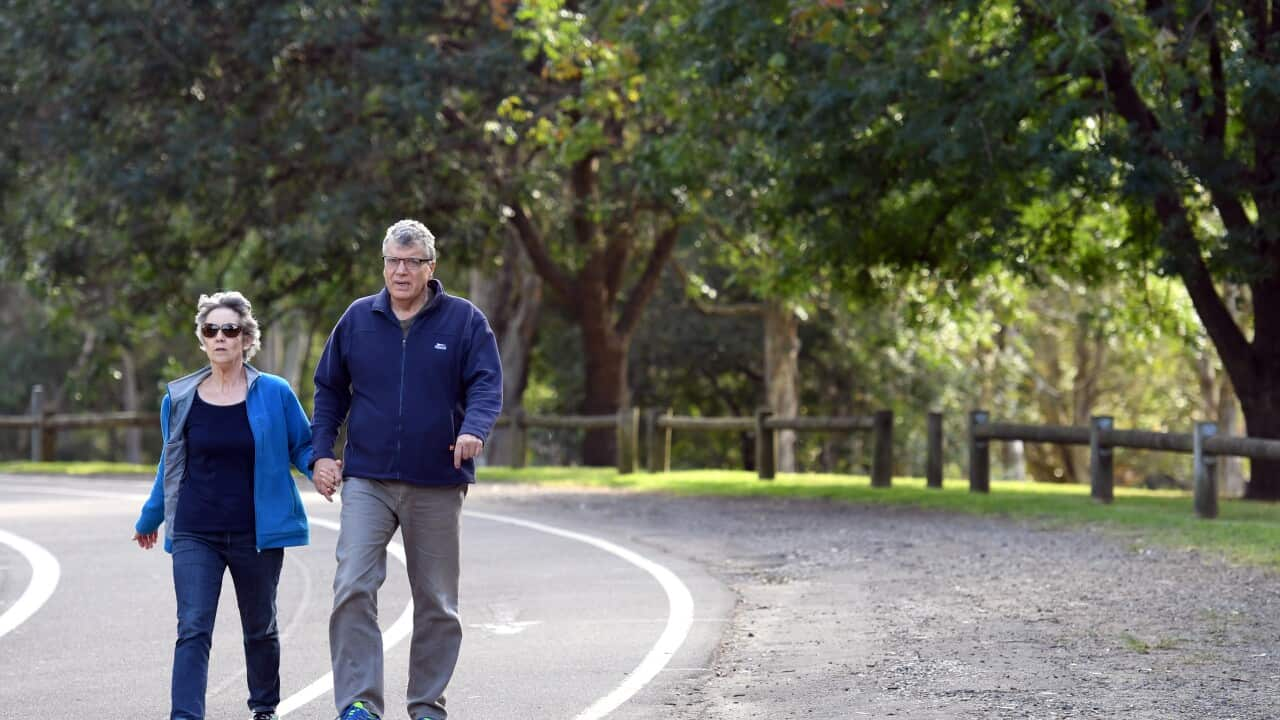Aboriginal Australian smoking rates have significantly dropped over the past 20 years, but the gap with non indigenous peers hasn't budged, and those in remote communities can't shake the habit.
The latest report by the Australian Bureau of Statistics showed the proportion of indigenous people aged 18 years and over who smoke fell by 22 per cent over the 20-year period to 2014/15.
And the proportion of Aboriginal teenagers aged 15 to 17 who puff on cigarettes also decreased from 30 per cent to 17 per cent.
Menzies School of Health Research Professor David Thomas, who collaborated with the ABS, says each year more indigenous people are successfully quitting and fewer children are taking up the habit.
The proportion of successful quitters rose from from 24 per cent in 2002 to 36 per cent in 2014/15.
Prof Thomas chalks that up to large government funding for anti-smoking initiatives since 2008, tobacco control policies, better access to support services and changing social norms.
But although indigenous smoking rates are falling, they are not improving at the same rate as their non-indigenous counterparts, so the gap has remained largely the same.
Prof Thomas said the successes were also significantly greater in urban areas.
"In remote communities, where there has been no significant improvement in smoking prevalence or successful quitting, the report demonstrates that increasing numbers of smokers are trying to quit but are not succeeding," he said.
"More support is needed in remote communities to help smokers."









